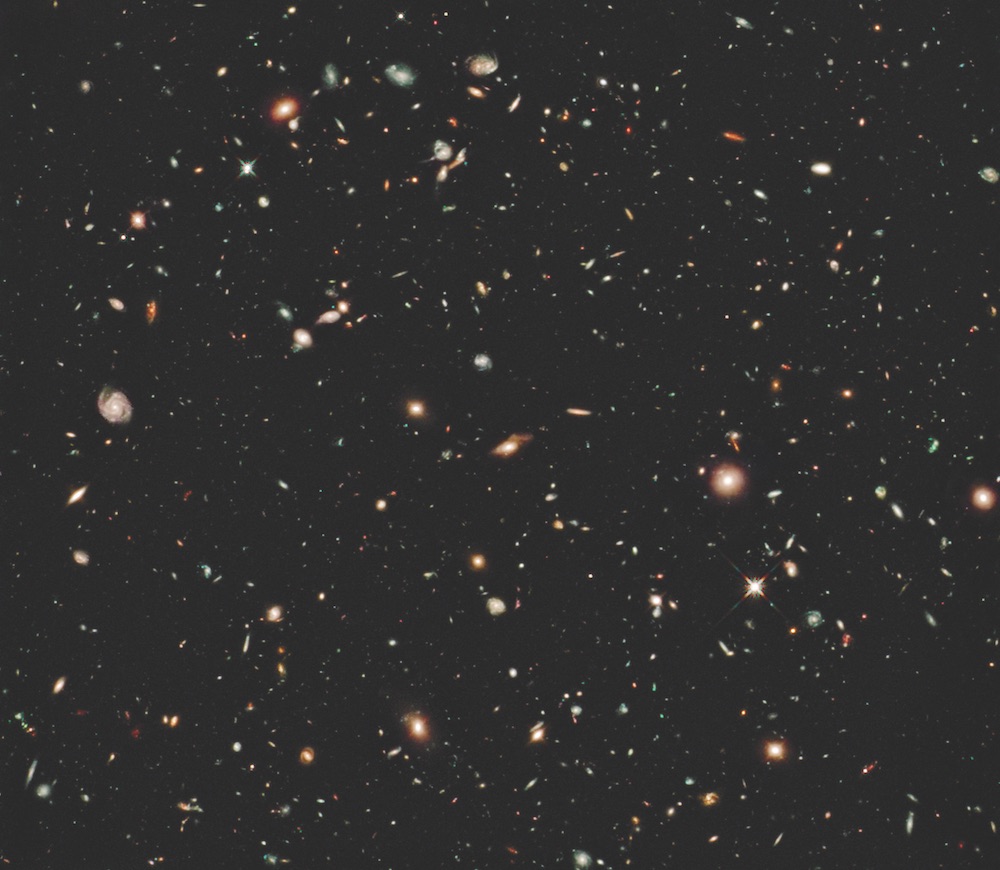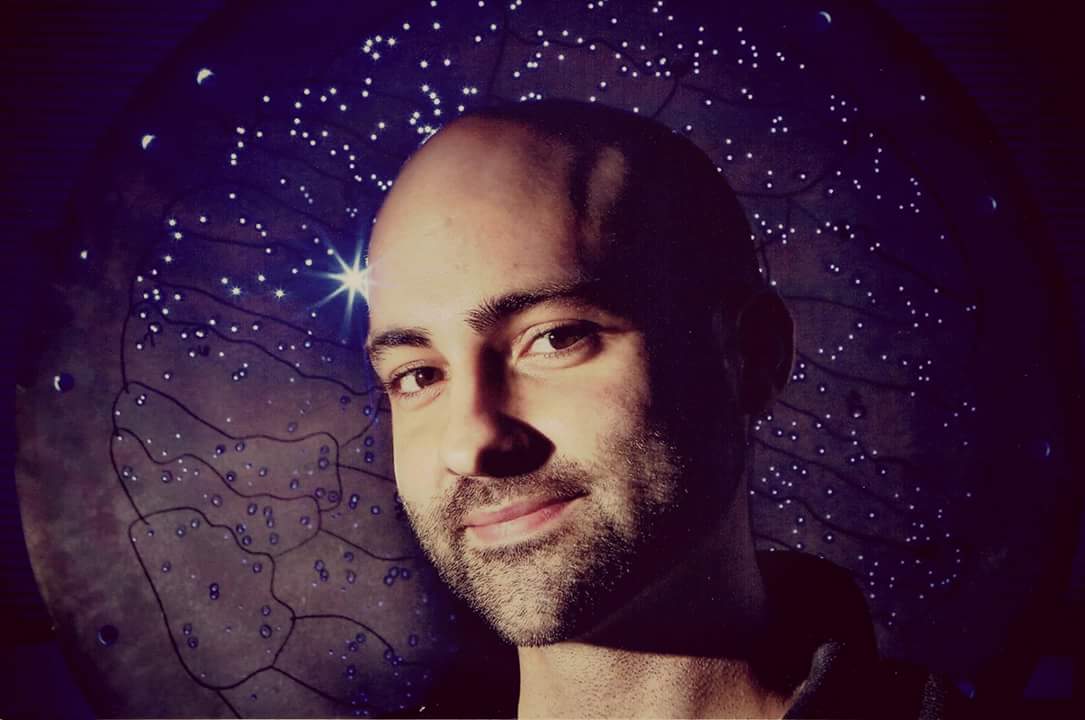
Paul Sutter
Paul M. Sutter is an astrophysicist at SUNY Stony Brook and the Flatiron Institute in New York City. Paul received his PhD in Physics from the University of Illinois at Urbana-Champaign in 2011, and spent three years at the Paris Institute of Astrophysics, followed by a research fellowship in Trieste, Italy, His research focuses on many diverse topics, from the emptiest regions of the universe to the earliest moments of the Big Bang to the hunt for the first stars. As an "Agent to the Stars," Paul has passionately engaged the public in science outreach for several years. He is the host of the popular "Ask a Spaceman!" podcast, author of "Your Place in the Universe" and "How to Die in Space" and he frequently appears on TV — including on The Weather Channel, for which he serves as Official Space Specialist.
Latest articles by Paul Sutter

Mysterious globular clusters could unlock the secrets of galaxy formation
By Paul Sutter published
Globular clusters are like astronomical coelacanths — mysterious living fossils. These densely packed collections of ancient stars may hold the ultimate secrets to the formation of galaxies.
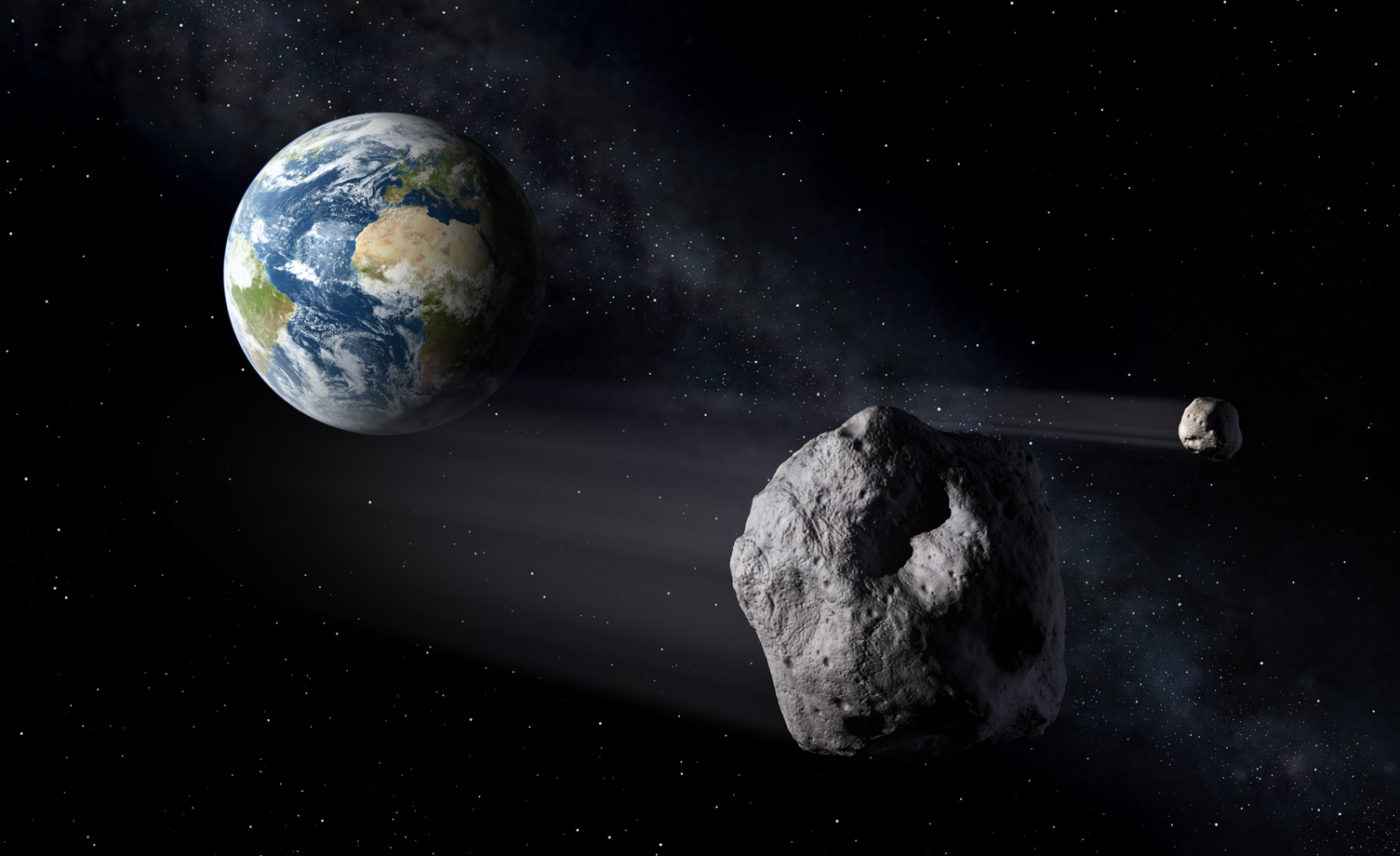
Too much of a good thing: Early impacts delivered iron to Earth but almost wiped out life
By Paul Sutter published
A recent study has found that the hazards posed by large impactors far outweighed their benefits for life on Earth.

Physicists get closer than ever to measuring the elusive neutrino
By Paul Sutter published
Scientists used a 200-ton "neutrino scale" to measure the elusive particles.
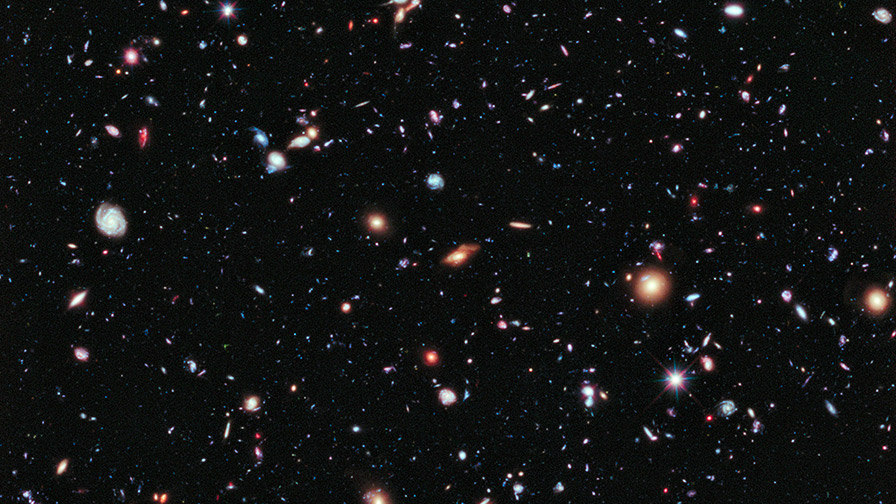
Is there anything beyond the universe?
By Paul Sutter published
What's beyond the known limits? What lies outside the boundary of the universe? The answer is — well, it's complicated.
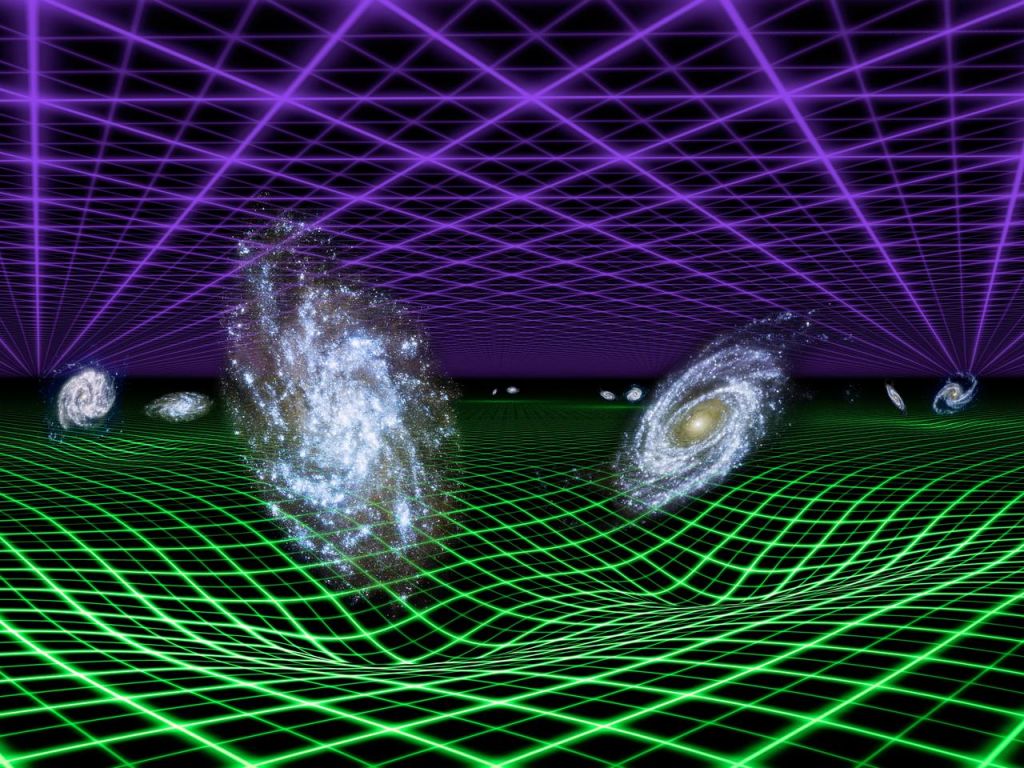
Loop quantum gravity: Does space-time come in tiny chunks?
By Paul Sutter published
Quantum mechanics tells us that the forces of nature come in discrete, tiny chunks. Gravity, the bending of space-time, is a force. So is space-time quantized as well?
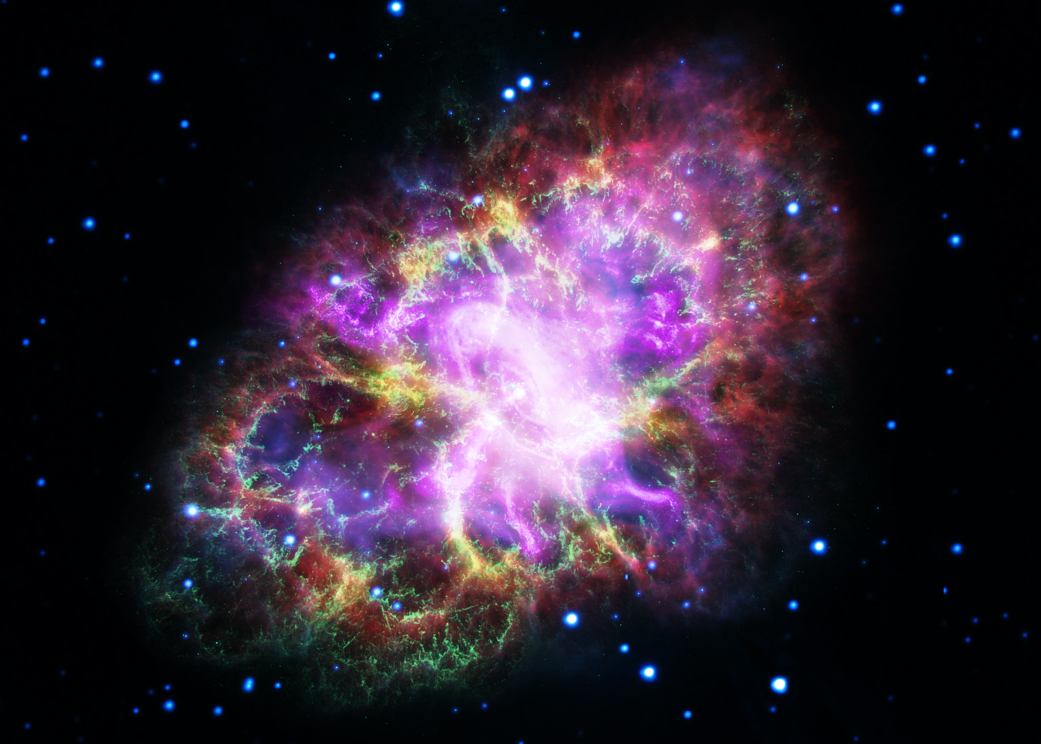
Is there really a 'crisis' in cosmology?
By Paul Sutter last updated
You may have heard about the "cosmology crisis:" Different methods of measuring the age of the universe are giving different results, and cosmologists have no idea why.
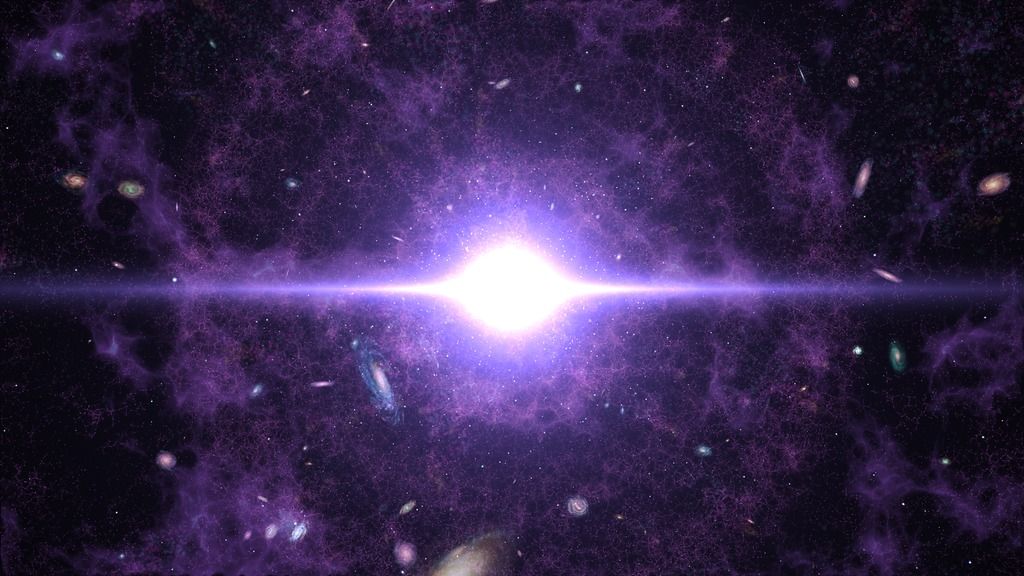
What happened before the Big Bang?
By Paul Sutter last updated
The Big Bounce theory was once thought impossible. But recent research is keeping it alive.
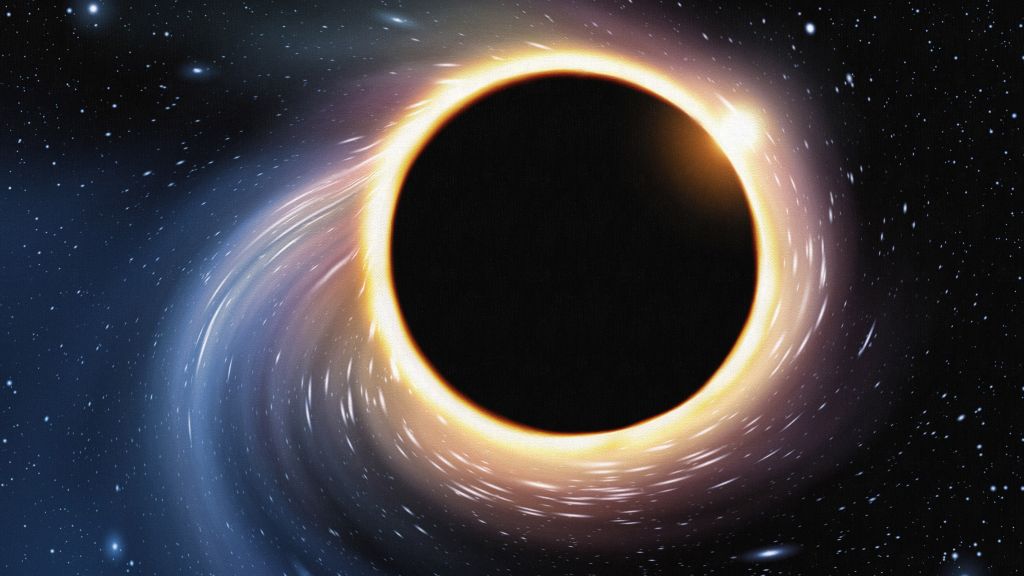
What happens at the center of a black hole?
By Paul Sutter last updated
At the center of a black hole, matter is compressed down to an infinitely tiny point, and all conceptions of time and space completely break down.
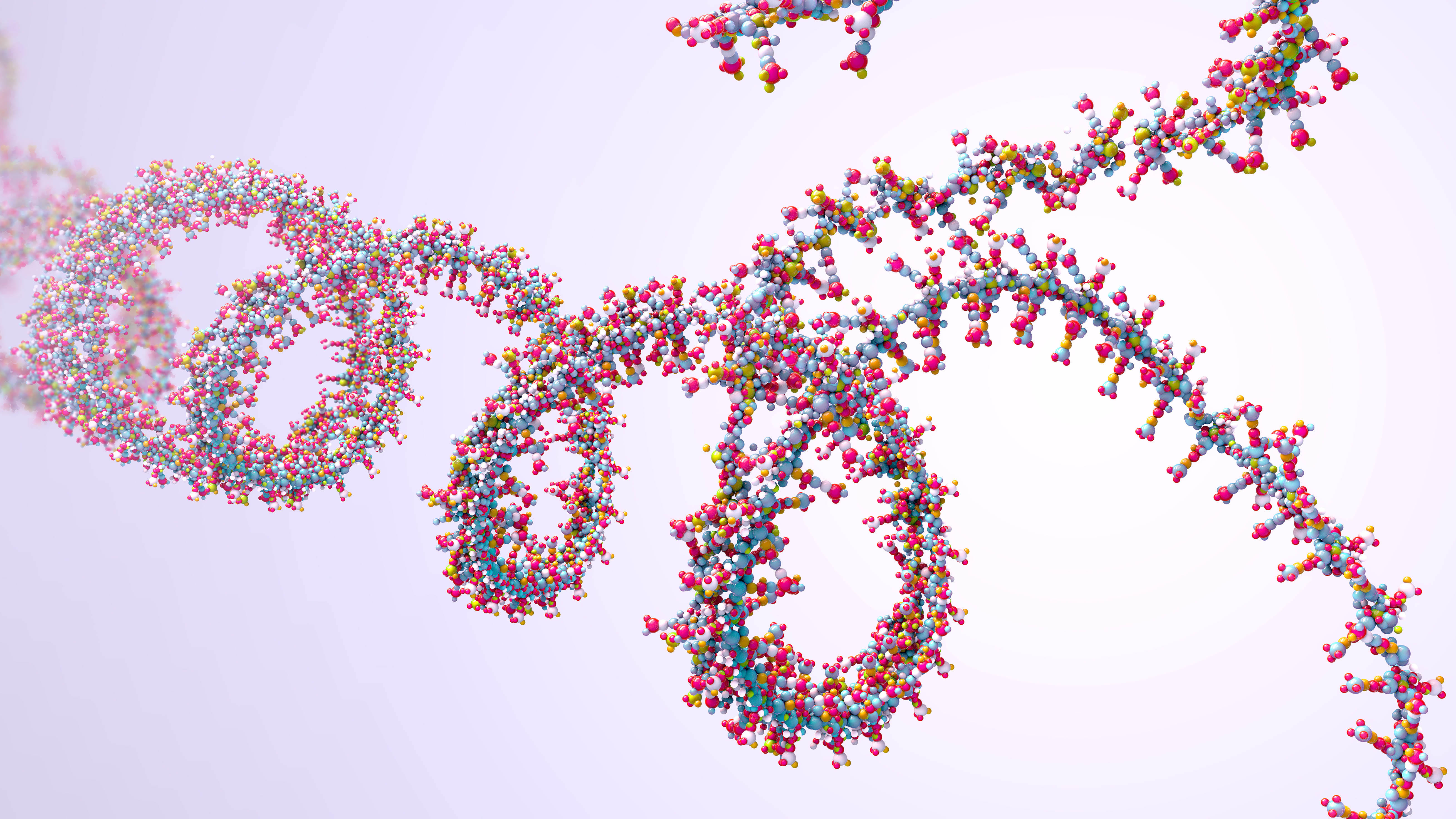
The first life on Earth depended on a deadly poisonous gas, study suggests
By Paul Sutter published
Toxic hydrogen cyanide gas, used in chemical weapons today, may have been involved in the early stages of life's evolution, a new study suggests.
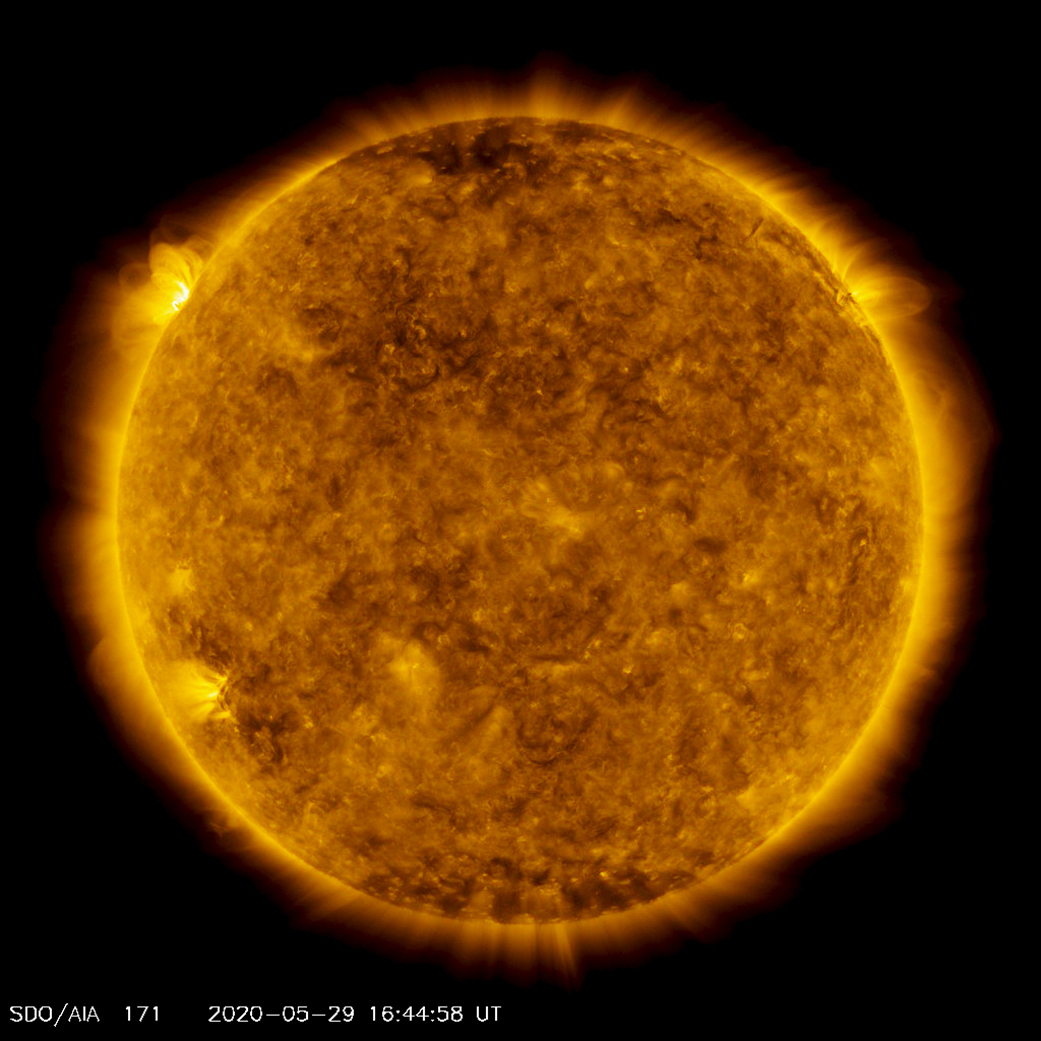
What is a star?
By Paul Sutter last updated
It's easy enough to say what a star is: one of those bright pointy things that twinkle in the night sky. But the actual definition of a star is as rich and colorful as the stars themselves.

How neutron star collisions flooded Earth with gold and other precious metals
By Paul Sutter last updated
The universe is pretty good at smashing things together. And when neutron stars do it, the collisions release a flood of elements necessary for life.

Will we ever know the true nature of 'Oumuamua, the first interstellar visitor?
By Paul Sutter published
Astronomers have proposed lots of ideas to explain 'Oumuamua's odd characteristics, and we're unlikely ever to find out which one is correct.
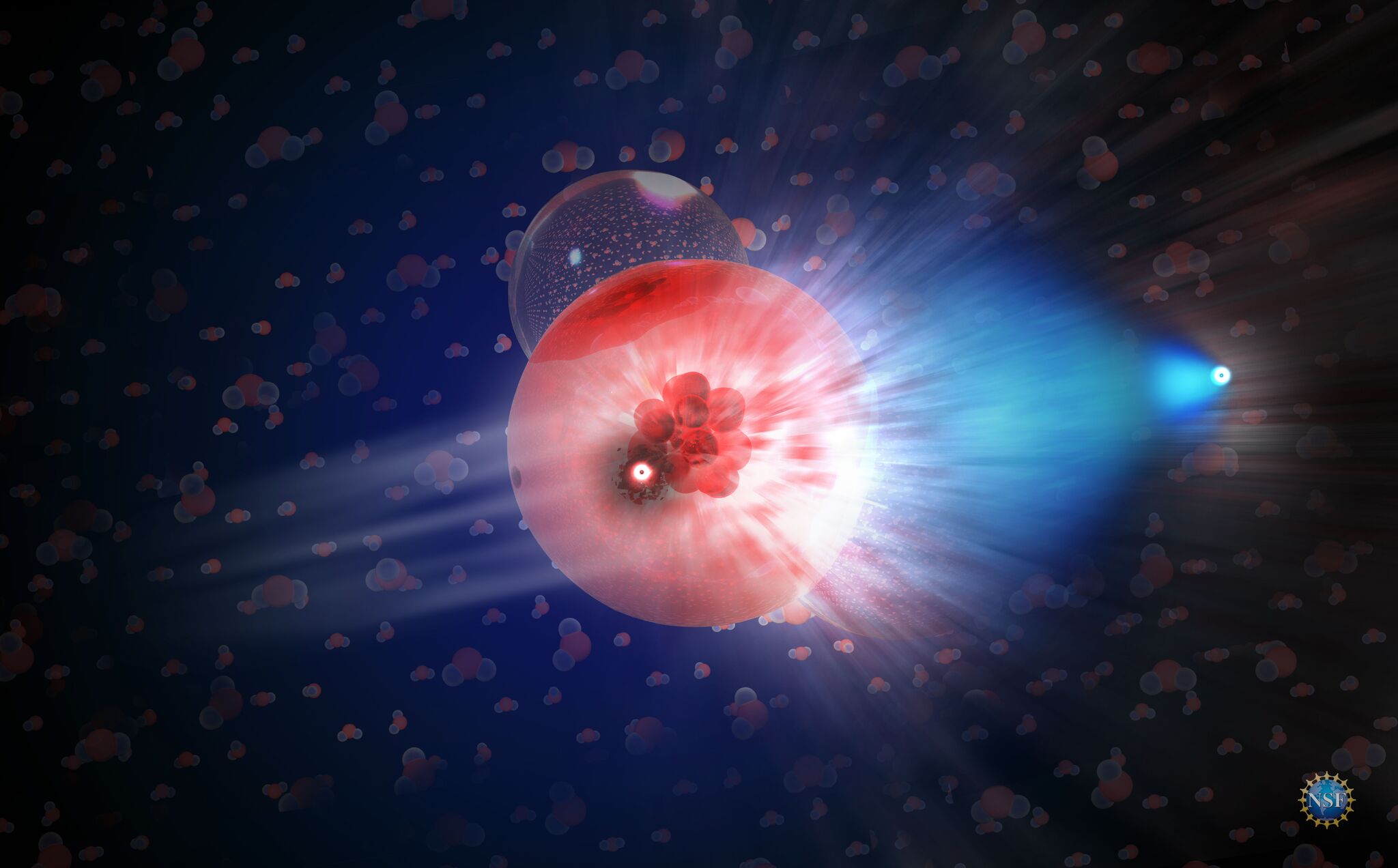
The mystery deepens: Ghostly neutrinos and fast radio bursts don't come from the same place
By Paul Sutter published
Knowing if high-energy neutrinos and FRBs came from the same place on the sky would help explain the origins of both. But alas, they do not.

Massive simulation of the universe probes mystery of ghostly neutrinos
By Paul Sutter last updated
How do you test theories of the universe? By building gigantic supercomputers and simulating the evolution of the cosmos.
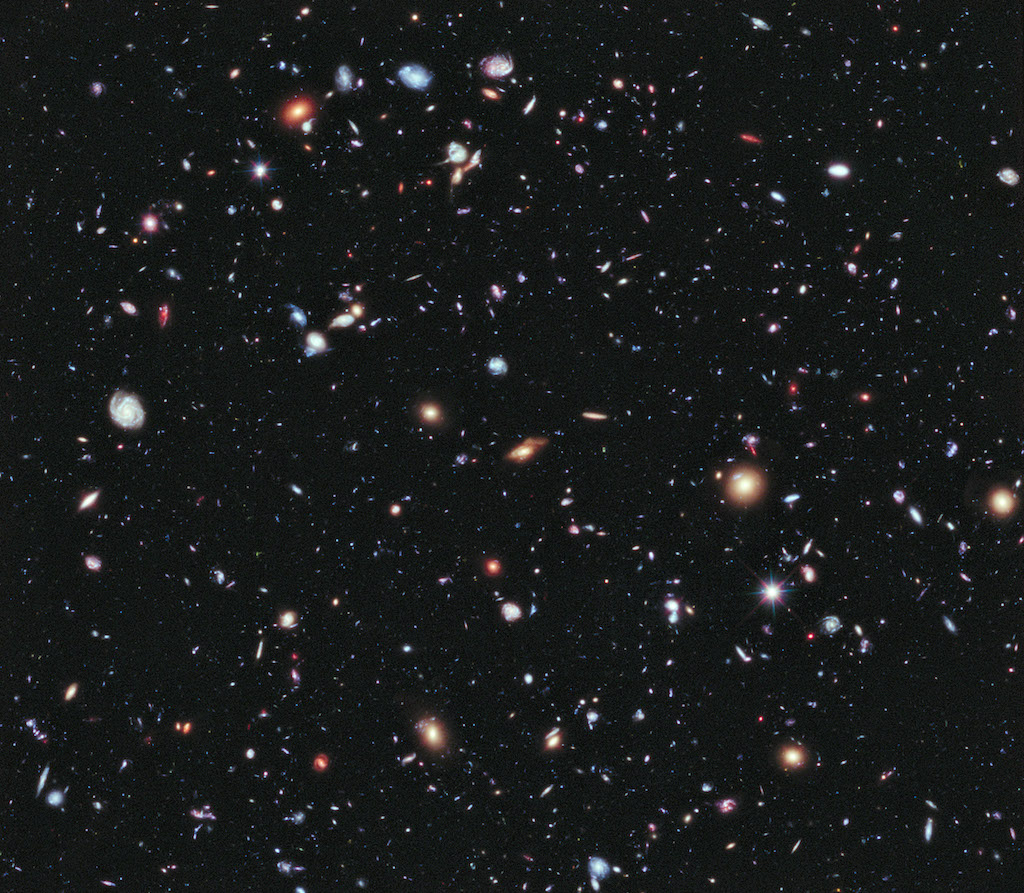
Do we live in a simulation? The problem with this mind-bending hypothesis.
By Paul Sutter published
Does the simulation hypothesis offer a compelling argument, or is it just interesting food for thought? Let's find out.
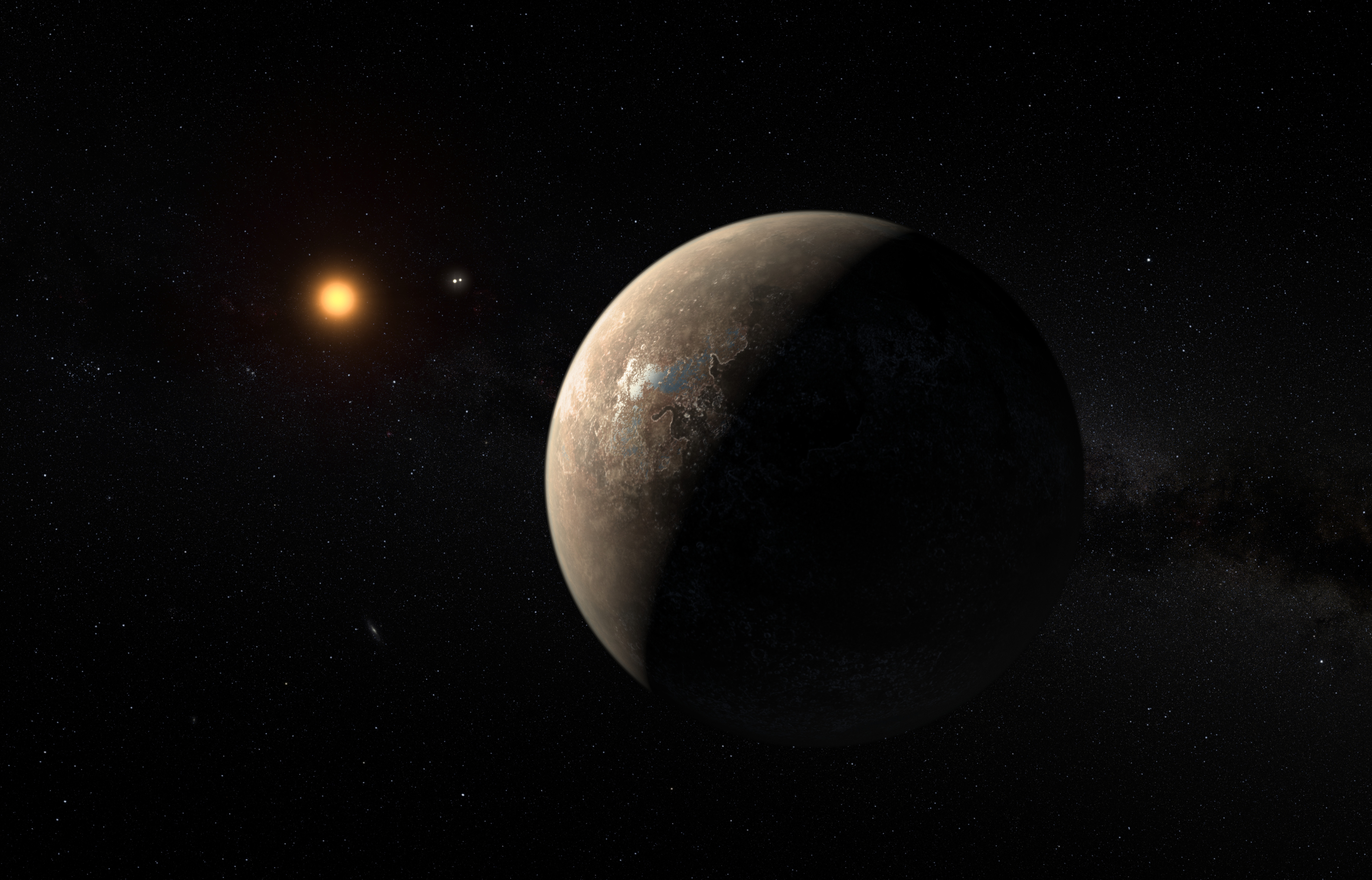
What really makes a planet habitable? Our assumptions may be wrong
By Paul Sutter published
How common are ice-covered planets like Hoth from "Star Wars," and might they be capable of hosting life? As usual, the answer is, it depends.

Astronomers propose building a neutrino telescope — out of the Pacific Ocean
By Paul Sutter published
The Pacific Ocean Neutrino Experiment would turn a massive swath of the Pacific Ocean into nature's own neutrino detector.

Wormholes may be viable shortcuts through space-time after all, new study suggests
By Paul Sutter last updated
Wormholes may be stable after all, a new theory suggests, contradicting previous predictions that these hypothetical shortcuts through space-time would instantly collapse.
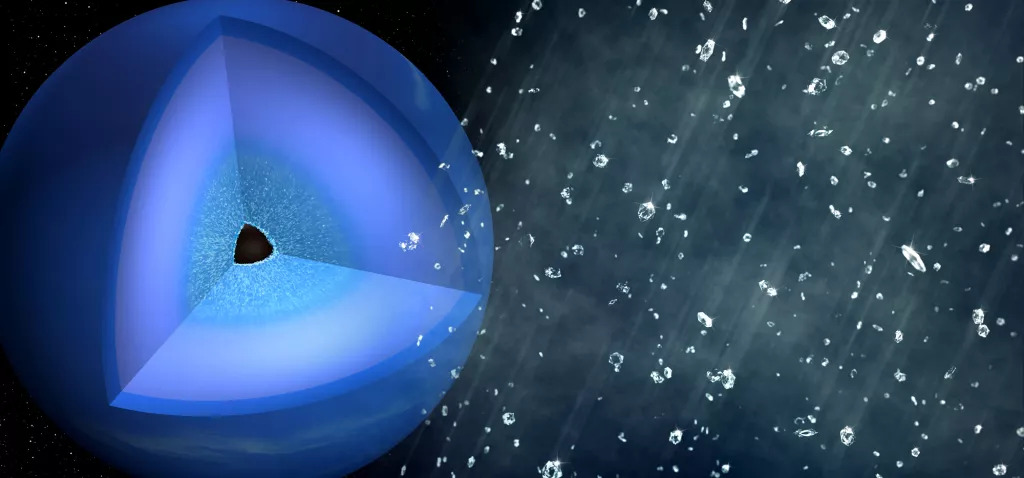
Yes, there is really 'diamond rain' on Uranus and Neptune
By Paul Sutter published
Hiding beneath the outer layers of some planets, there may be something spectacular: a constant rain of diamonds.
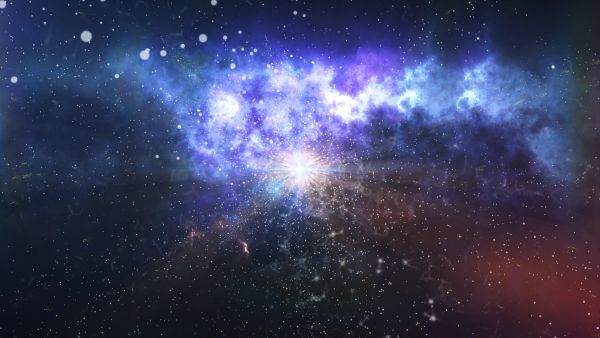
We may finally be able to test one of Stephen Hawking's most far-out ideas
By Paul Sutter published
The recently launched James Webb Telescope should help determine if dark matter is made up of primordial black holes.

5 space missions to look forward to now that the James Webb Space Telescope has launched
By Paul Sutter published
Now that the telescope is in space, what's next for astrophysics done from beyond Earth's surface? Here are five future missions to get excited about.

How real is the multiverse?
By Paul Sutter published
A multiverse may be a natural prediction of the physical theories that define the beginning of the universe.
Get the Space.com Newsletter
Breaking space news, the latest updates on rocket launches, skywatching events and more!


